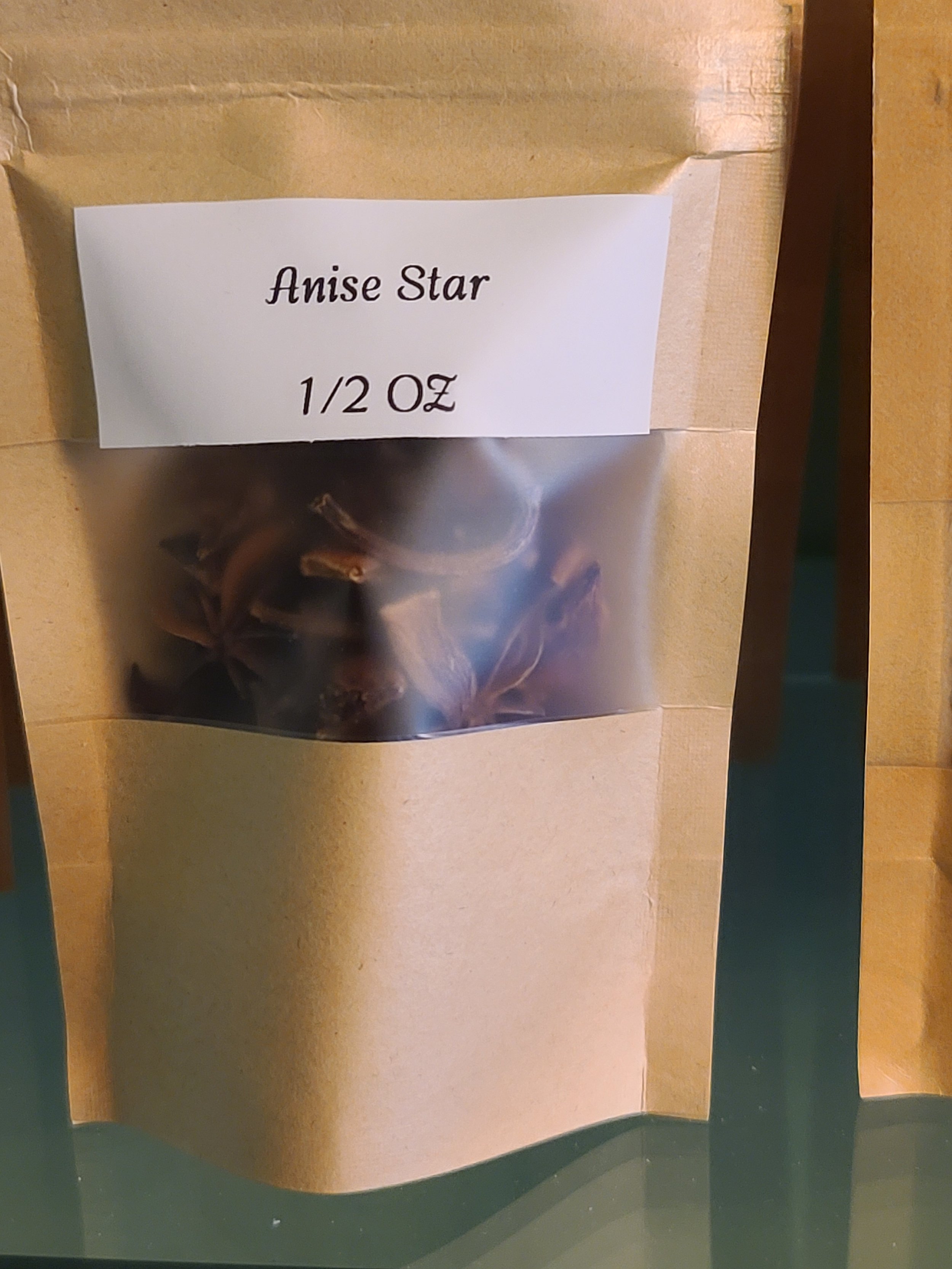Horehound Organic
WARNING
DO NOT USE WHILE PREGNANT
A member for the mint family, Marrubium vulgare is a flowering perennial with green and white leaves and a distinct bitter taste. Native to Asia and Europe, horehound grows in a wide range of climates and is now naturalized to North America. Horehound herb has a long history of use for its wellness-supporting properties in traditional European folk herbalism. Typical preparations include tea, tincture, botanical candy, and syrup.
Egyptian priests referred to horehound as the "Seed of Horus", which some speculate its modern name came from. In medieval Europe it was used to ward off spells by witches. It is also recorded as one of the "bitter herbs" eaten at Passover.
WARNING
DO NOT USE WHILE PREGNANT
A member for the mint family, Marrubium vulgare is a flowering perennial with green and white leaves and a distinct bitter taste. Native to Asia and Europe, horehound grows in a wide range of climates and is now naturalized to North America. Horehound herb has a long history of use for its wellness-supporting properties in traditional European folk herbalism. Typical preparations include tea, tincture, botanical candy, and syrup.
Egyptian priests referred to horehound as the "Seed of Horus", which some speculate its modern name came from. In medieval Europe it was used to ward off spells by witches. It is also recorded as one of the "bitter herbs" eaten at Passover.
WARNING
DO NOT USE WHILE PREGNANT
A member for the mint family, Marrubium vulgare is a flowering perennial with green and white leaves and a distinct bitter taste. Native to Asia and Europe, horehound grows in a wide range of climates and is now naturalized to North America. Horehound herb has a long history of use for its wellness-supporting properties in traditional European folk herbalism. Typical preparations include tea, tincture, botanical candy, and syrup.
Egyptian priests referred to horehound as the "Seed of Horus", which some speculate its modern name came from. In medieval Europe it was used to ward off spells by witches. It is also recorded as one of the "bitter herbs" eaten at Passover.









